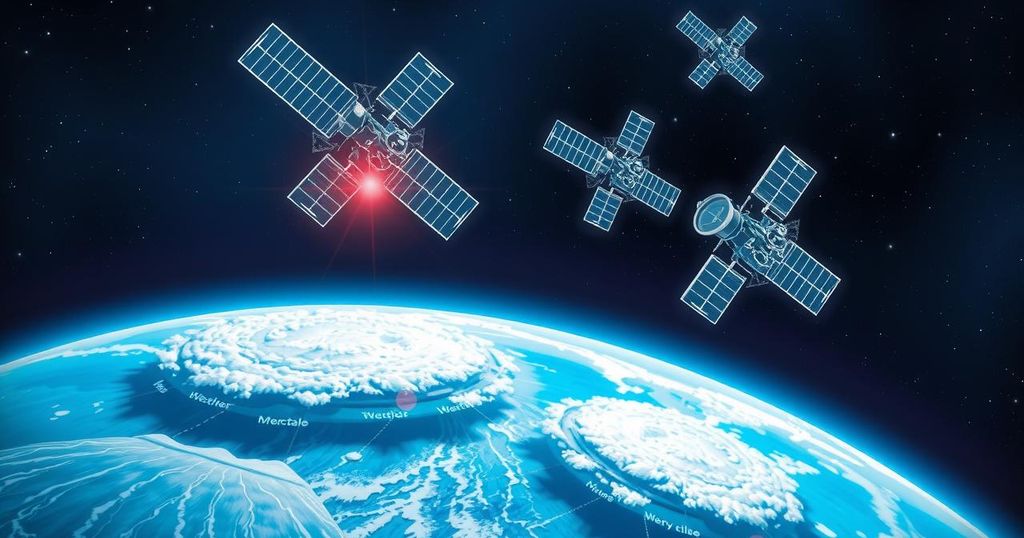Forecasters Express Alarm Over Loss of Key Satellites Before Hurricane Season
- Forecasters rely on satellites for hurricane tracking and predictions.
- Three key DMSP satellites face a shutdown, impacting data access.
- NOAA has raised cyber security concerns over the DMSP data flow.
Upcoming Hurricane Season Shadows Forecaster Concerns
As hurricane season approaches, meteorologists find themselves in a precarious situation. Off the west coast of Africa, tropical storms start forming, but forecasters, who depend heavily on satellites, are bracing for the loss of three key satellites from the Defense Meteorological Satellite Program (DMSP). This data is crucial for assessing hurricane intensity and tracking potential storm paths, and the need for this information is particularly pressing as the Atlantic hurricane season is on the horizon.
Impact of DMSP Satellites on Storm Tracking
The DMSP satellites provide essential information through special sensor microwave imager/sounder instruments that allow scientists to penetrate cloud cover, much like an MRI reveals conditions within a human body. With these satellites in orbit, meteorologists can accurately locate the center of storms, enhancing the reliability of hurricane forecasts. This ability is critical as research indicates that about 80% of significant hurricanes rapidly intensify, posing increased risks to lives and property.
Potential Gaps in Satellite Coverage Ahead of Active Season
The looming shutdown of these satellites has sparked alarms among the scientific community. While NOAA has highlighted cyber security concerns as a reason for ceasing data flow, there seems to be a bigger issue at play – aging technology that was not meant to be in service for so long. Although there are replacements like NOAA-20 and NOAA-21, they do not quite match the accuracy and reliability that DMSP provided, and it remains unclear if new satellites will effectively fill the void being left. As forecasters gear up for a potentially busy hurricane season, this loss of capability could hinder their ability to accurately predict dangerous hurricanes and ultimately impact public safety.
In summary, the impending shutdown of three key satellites from the Defense Meteorological Satellite Program poses a significant challenge for meteorologists as they enter the busy hurricane season. The shutdown is rooted in cybersecurity concerns, but aging technology and delays in replacement systems exacerbate the issue. With the stakes high and tropical storms forming, forecasters face an uphill battle in maintaining accurate hurricane predictions, which are crucial for public safety.




Post Comment